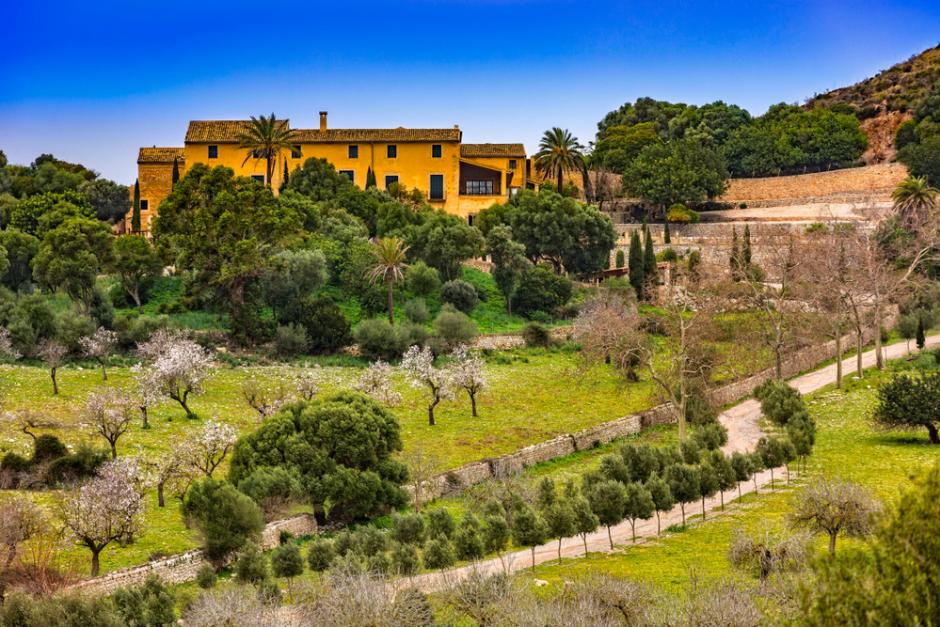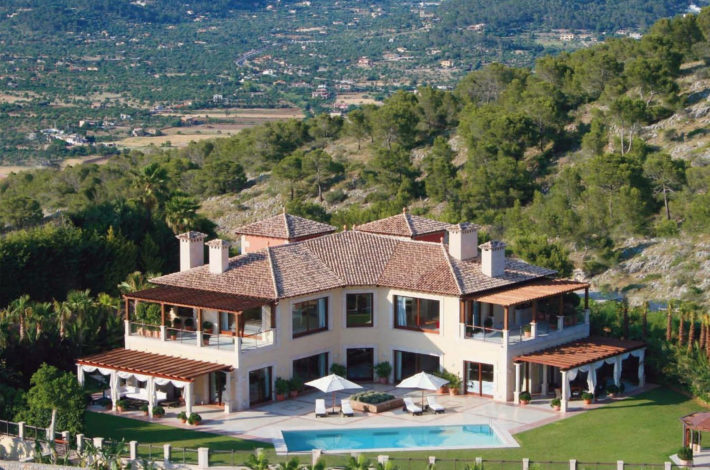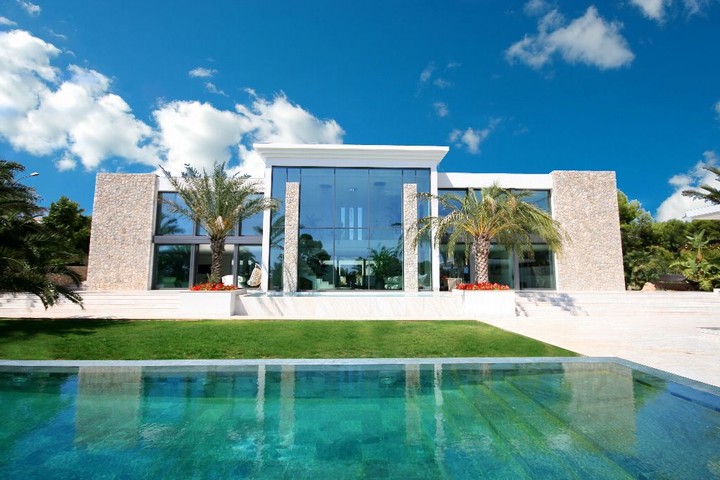Additional costs when buying property in Spain are formed from the transfer of ownership tax, government fees, notary fees and the cost of processing the loan, if it is implied. Purchase tax for residential buildings in Spain ranges from 7 to 10% depending on the province. Notary costs and duties will be about 2-3% of the cadastral price of the object – the exact figure can be determined in each case by a number of parameters, including the location of the building, age, history and even the number of pages in the contract of sale. The same costs include a small fee for registration of the NIE (foreigner identification number), which is necessary for registration of a new owner in the tax office.
Real estate agent commission in Spain is always paid by the seller of the property and when applying to a bona fide agency, the purchase price for you should not increase it. It has already become clear to many that Spain offers a whole palette of diverse opportunities for both tourists and foreign investors. All you have to do is put all these advantages together and enjoy a pleasant choice in every respect.

A little bit about Spain and its popularity
Spanish people are famous for their friendliness, positive attitude and ability to make seemingly ordinary things beautiful and unusual: The daily lunch time is 2 hours and the dishes are delicious and healthy, tropical trees and flowers are planted along the usual sidewalk to create a special atmosphere, and the central Catholic temple in Barcelona – like thousands in Europe alone – is transformed into a unique work of art and is known throughout the world as an architectural masterpiece! And these are just a few facts from a huge number of examples.
Formerly in the 70-80s of the twentieth century developing, mostly agrarian country, now Spain is firmly among the developed countries of Europe. A significant impact on these processes and Spain’s accession to the European Union in 1986, when the country began to receive large investments, developing infrastructure, transport, roads, housing and contributing to the intensive growth of living standards. Today we see successful results of this process – a strong and stable economy, a high standard of living for the population, excellent recreational facilities, excellent transport system, excellent roads, the largest rate of construction of new high-quality housing in Europe and the tourism industry, offering recreation for every taste.

An essential factor in the popularity of the Mediterranean coast of Spain as a place for recreation and investment in real estate is the improving transport accessibility every year. Direct flights to all relevant coasts of Spain today are available around the world. A notable advantage is also the opportunity to get a Schengen multi visa for 180 days a year when owning real estate in Spain. In addition, the availability of housing is necessary, although not the only condition for obtaining a residence permit, which is especially important for those who have set themselves the goal of further expanding the boundaries of their capabilities. Relatively low cost of housing maintenance, taxation, the stay in Spain also plays a significant role in deciding on investments in Spanish real estate.
International financial crisis, of course, had a serious impact on the economy and real estate in Spain. However, even in the midst of negative processes in Europe, we have not seen complete stagnation of this market. If you have already decided to buy an apartment in Spain, it is worth a close look at this link https://yes-mallorca-property.com/offers/select/palma/apartments/.
